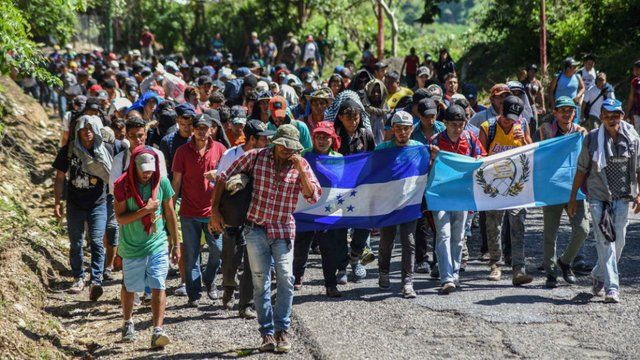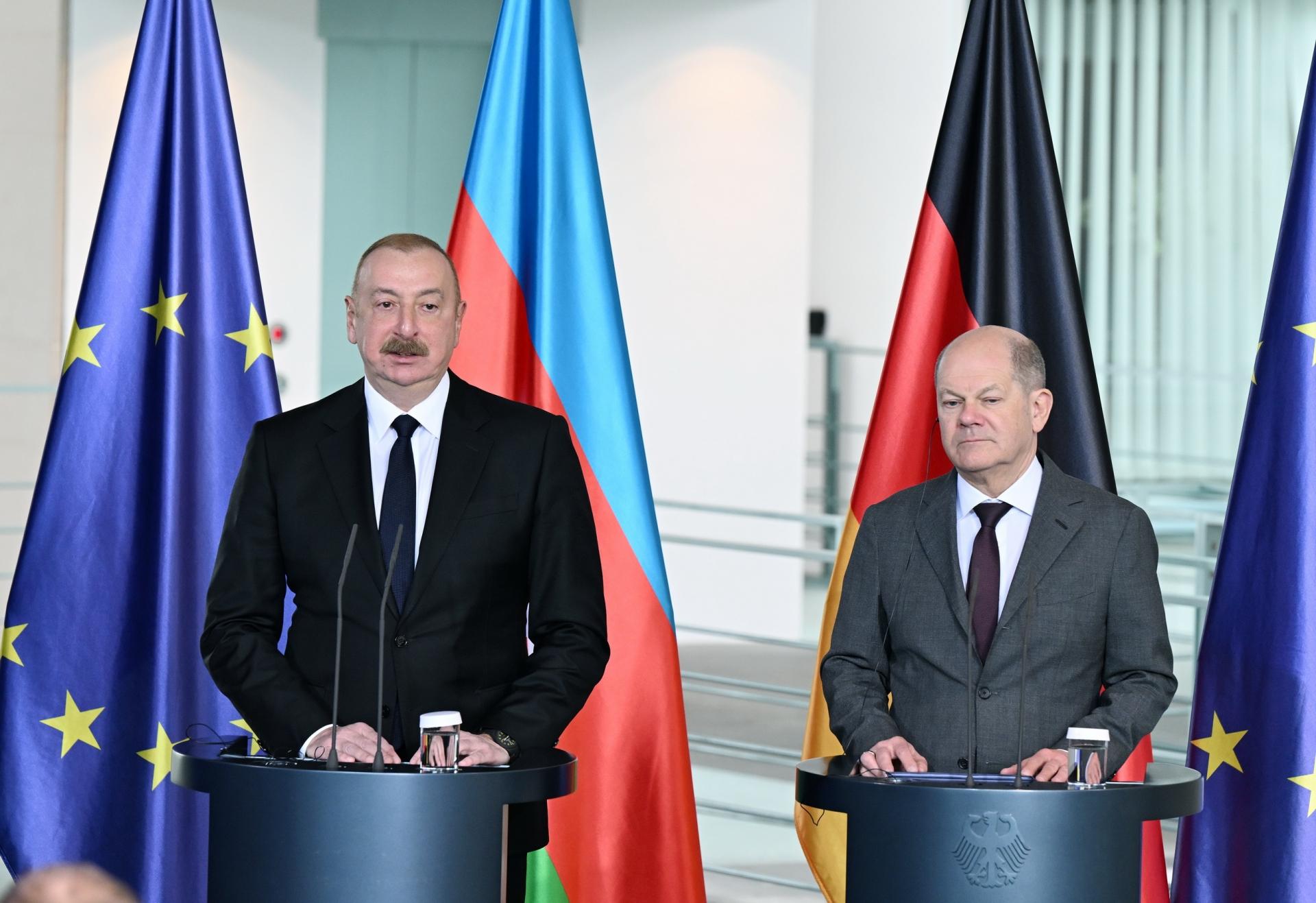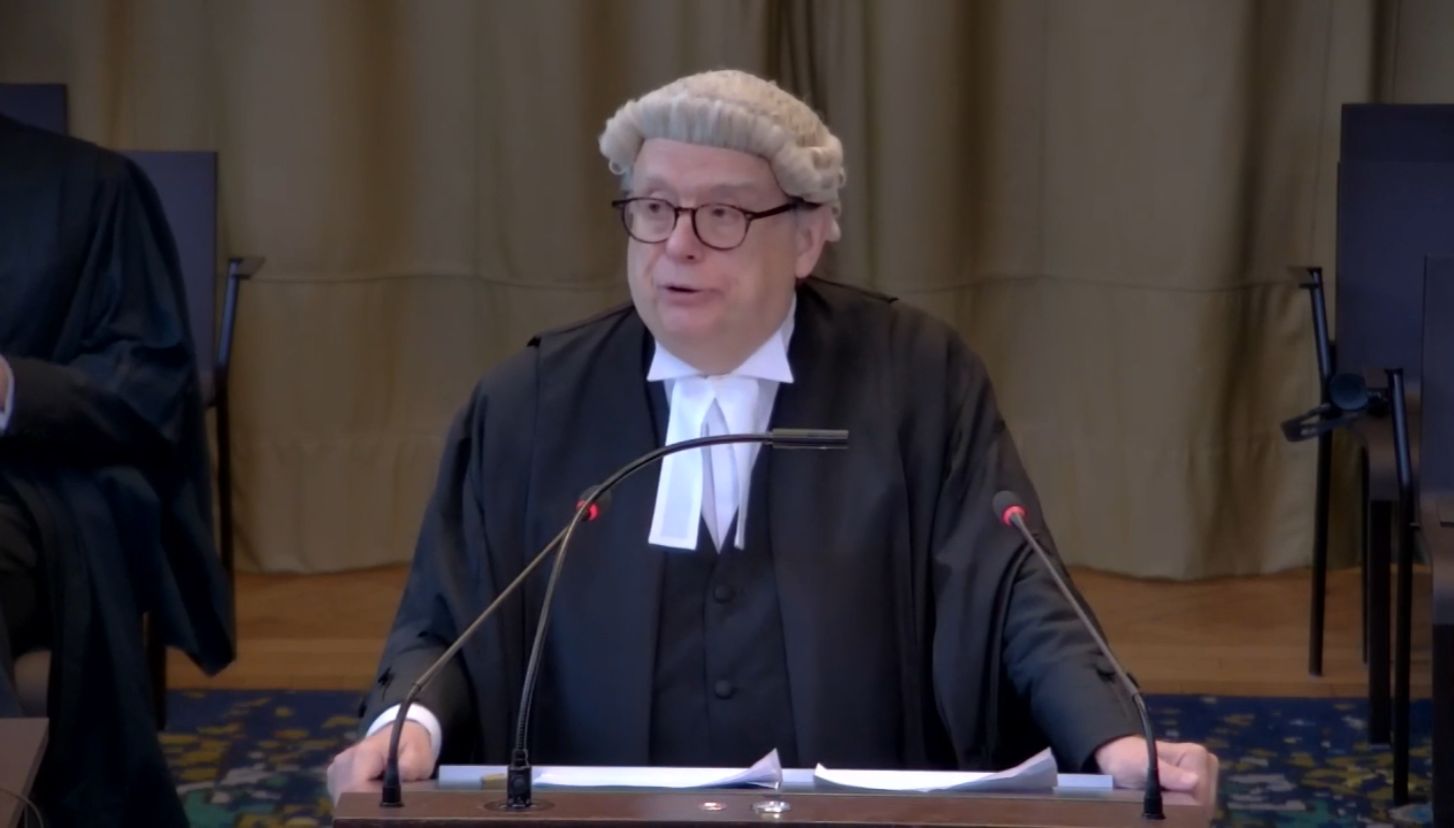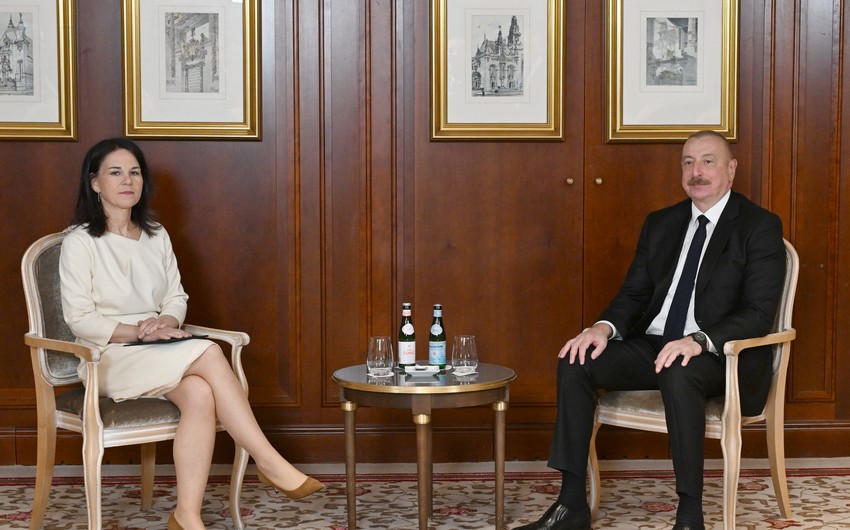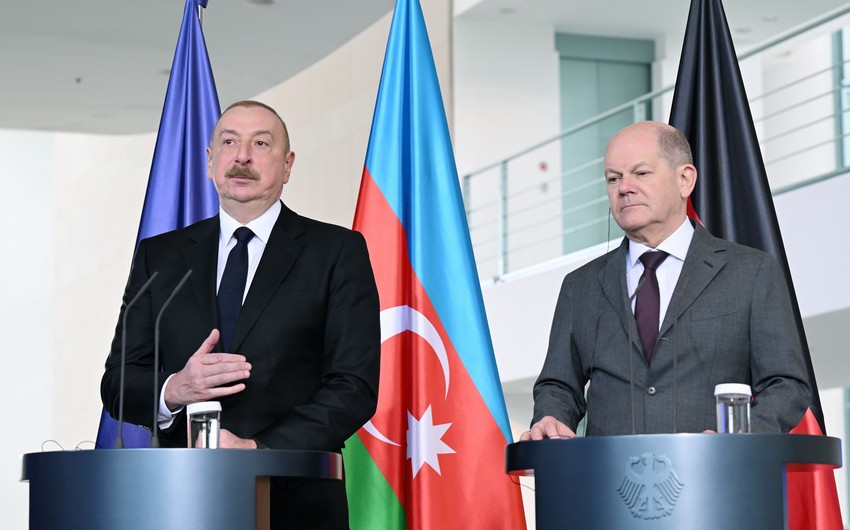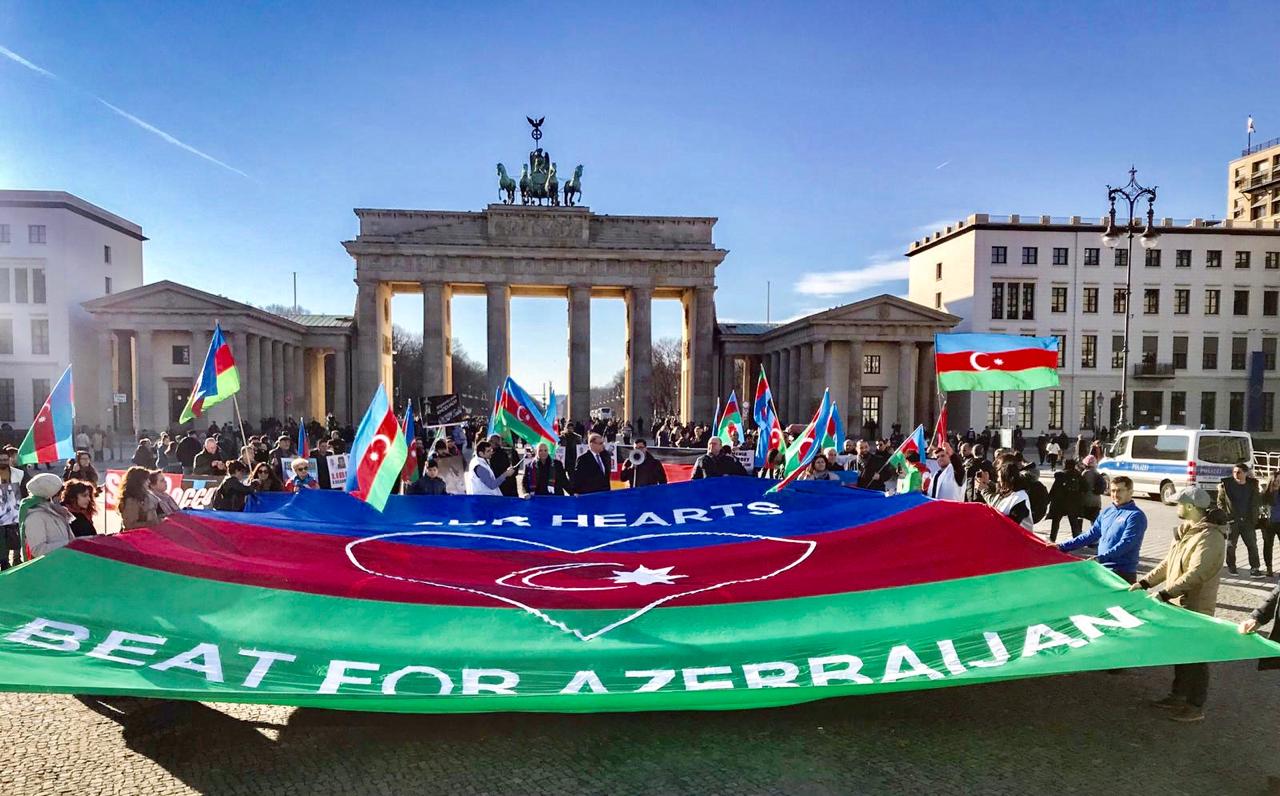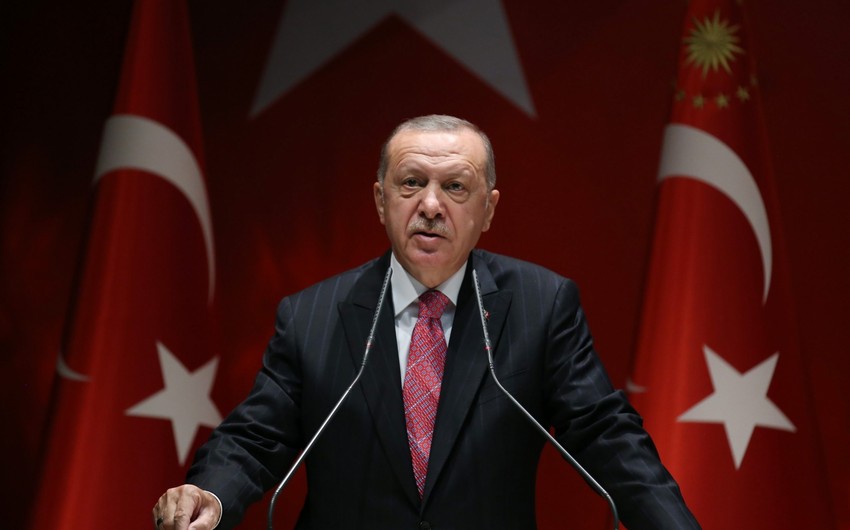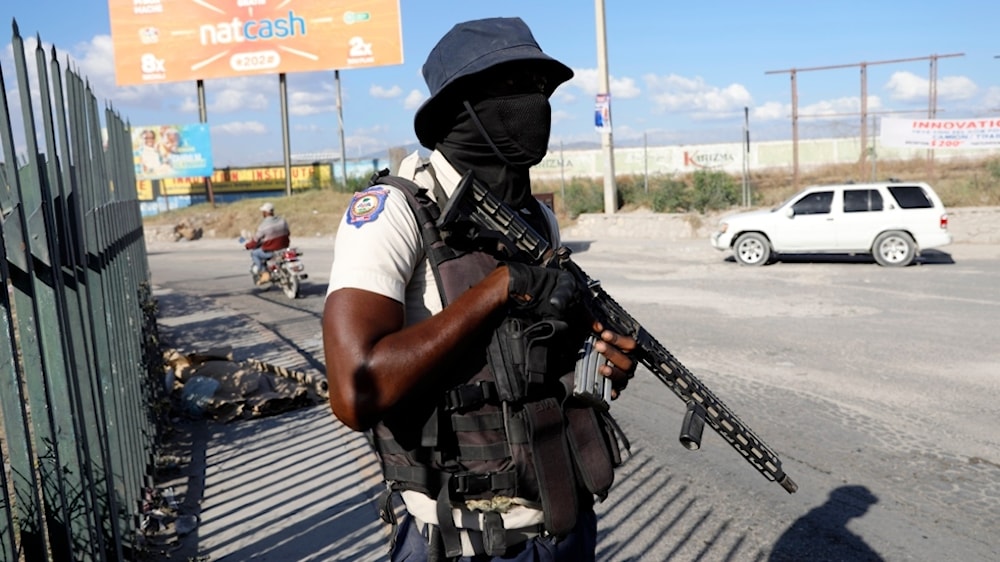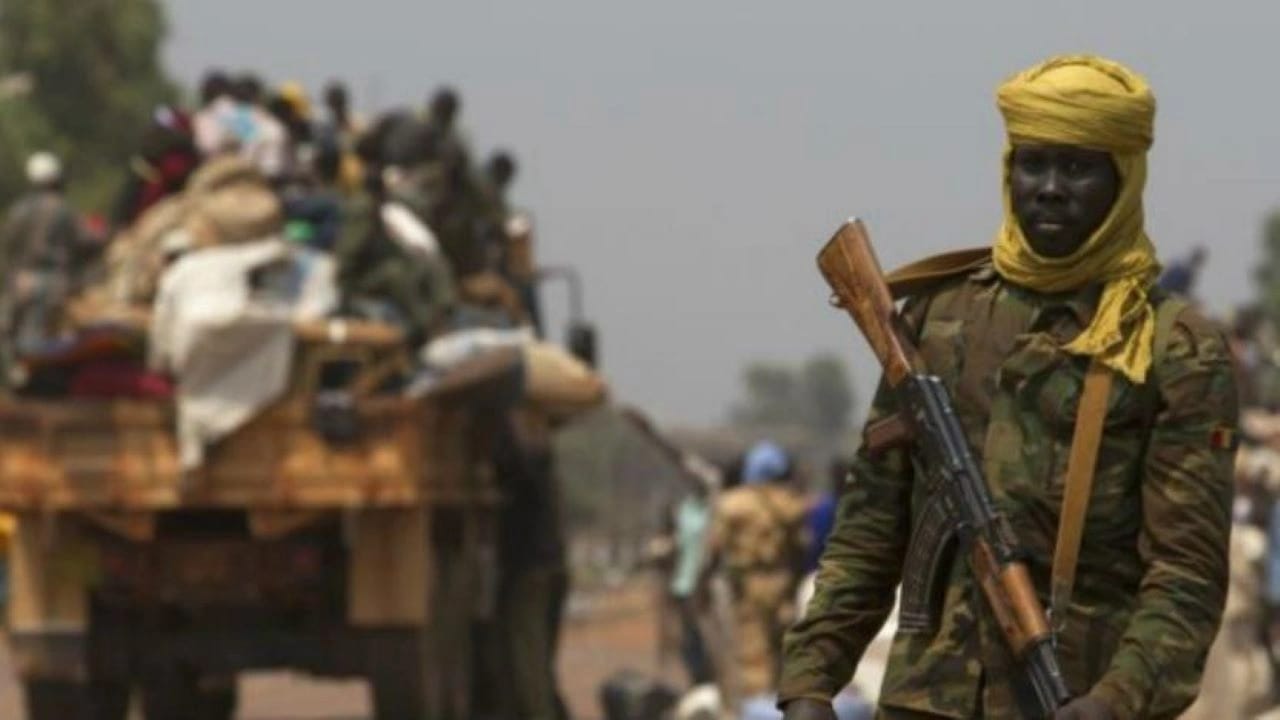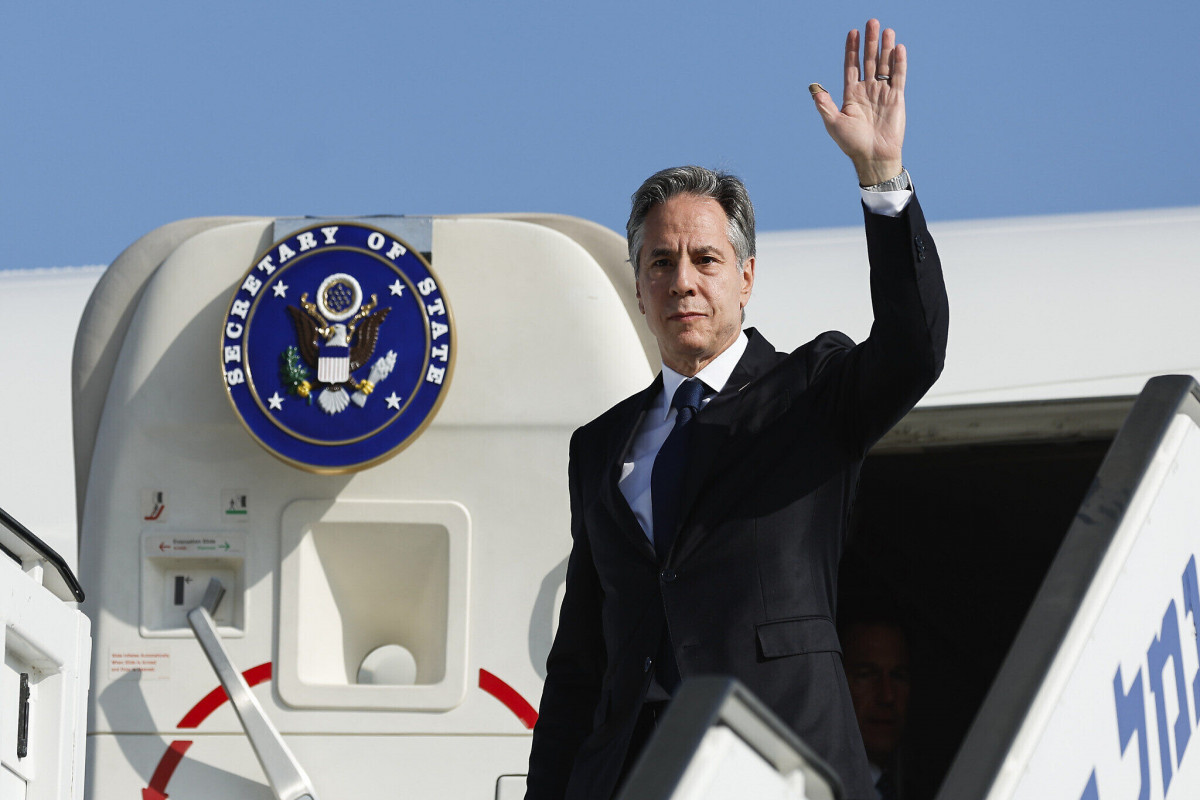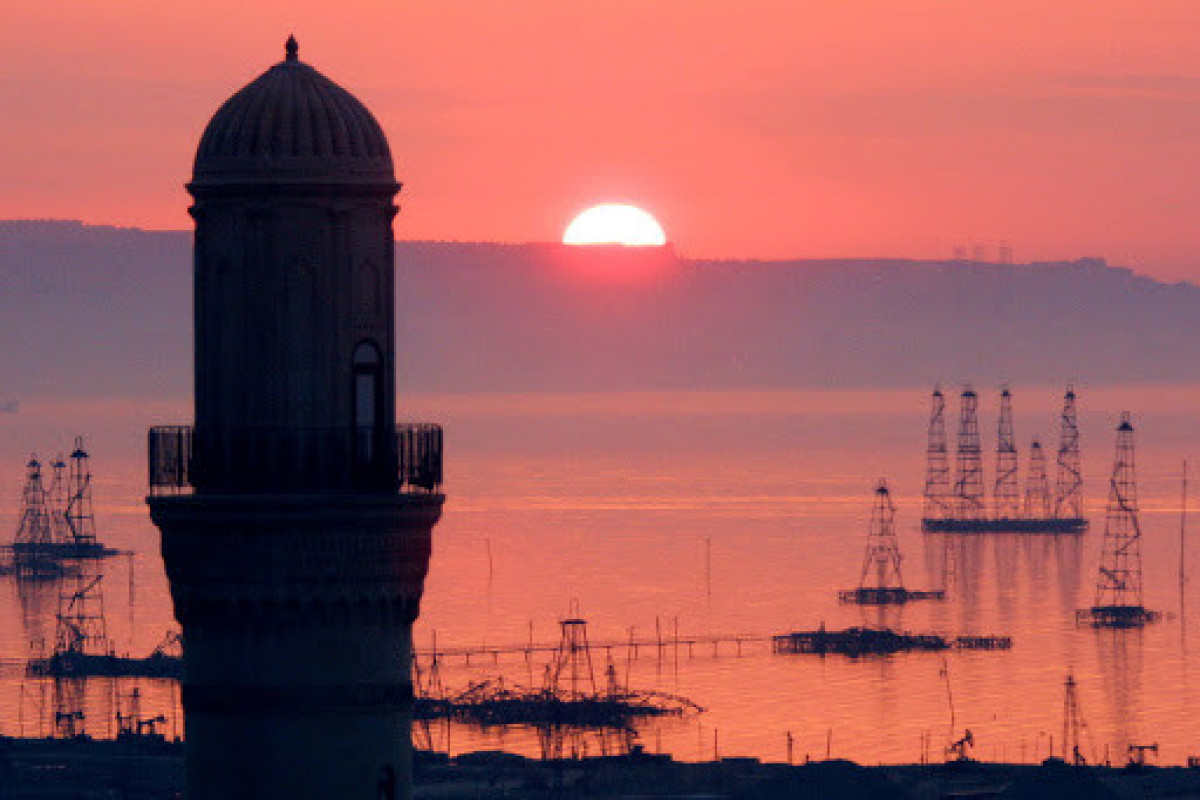A Central American migrant caravan grew over the weekend to an estimated 7,200 people, consisting of mostly Hondurans. The caravan is heading north from the Mexican border town of Tapachula, amid intense media scrutiny.
There is understandable apprehension in the U.S. as to how this surprisingly large caravan might impact the upcoming midterm elections, since President Trump was quick to exploit the headlines to rally his anti-immigrant base. Yet, this is not a border security crisis, and we should greet the caravan with compassion, not fear.
Central American migration to the U.S. has been occurring for a long time. The difference now is that it has moved out of the shadows and become visible, as people band together for protection during the perilous journey through Mexico. That visibility allows us to see more clearly the plight of Central Americans and the legacy of U.S. involvement in the region, as well as the social and moral failings of our immigration and border policies.
How and why did this migrant caravan arise? There is a long tradition of organized migrant treksthrough Mexico. Called "migrant stations of the cross," such treks usually occur during the Easter season and recall the religious pilgrimages common in Mexico. These caravans are not intended to "storm" the border. Rather, they provide protection for Central Americas who are vulnerable to abuse as they cross Mexico. They also highlight the reasons Central Americans are leaving their countries and their petitions for asylum.
Hundreds of thousands of Central Americans fled the region in the 1980s. People were fleeing massacres and political persecution that the United States was funding directly, or at the very minimum, covering up and excusing. Violence today in Central America is a legacy of that era. In Guatemala, for example, a far deeper problem than street gangs are the so-called "hidden powers," or government-linked organized crime networks with roots in the state violence of the 1980s.
Migration from Central America continued in the 1990s, as people fled poverty and sought family reunification. But the 1990s brought changes in U.S. border policy that had dire consequences for Central Americans. As U.S. border enforcement became more punitive, it turned migration into a lucrative vehicle for organized crime. Central American migrants must now pay these smuggling networks upwards of $10,000 to cross through Mexico and reach the U.S. That money is borrowed, at 10 percent interest, often by mortgaging land, creating a cycle of debt-fueled migration that traps Central Americans.
Moreover, beginning in the 1990s, the Border Patrol strategy has been to seal off urban entry points, thereby using the harsh Arizona desert as a kind of weapon against migration. It didn't deter people. Instead, it turned the desert into what the border humanitarian group No More Deaths calls a "vast graveyard of the missing."
This history explains why many Central Americans seek the protection of a migrant caravan. The current caravan is different in a few ways. It is larger than previous caravans, and it is not clear how it is being organized. This reflects the growing role of social media, especially WhatsApp, in enabling people to spontaneously join together in large groups. Moreover, increasing government repression in Honduras over the past year has been added to the already toxic mix of risks in that country, pushing more and more Hondurans to flee.
The Washington Post reported on Sunday that the caravan's numbers were swelled by recent deportees who had previously lived in the United States for years or even decades, and who are desperate to reunite with children still living in the U.S. In a very real sense, these people are coming home. Their numbers are a direct result of the unconscionable policy of deporting people even when they have deep social and family ties to the United States.
Central American migrants are more visible now because overall unauthorized migration across the southern U.S. border has decreased dramatically to its lowest level in 40 years, according to Border Patrol data. And they are visible because they are turning themselves in at border points of entry rather than risk the deadly trek through the desert.
The migrant caravans usually dissipate as they go further north in Mexico. Last spring's caravan shrunk from 1,500 to around 200 people by the time it got to the border entry in San Diego, as many people chose to stay in Mexico. It remains to be seen whether the current caravan will follow the same trend.
A few hundred, or even a few thousand, destitute people fleeing Central America is not a border security crisis. Despite Trump's attempts to gin up fear, there has never been a terrorist attack against the United States involving people coming across the U.S.-Mexico border, nor any known terrorists arrested here. There is no evidence that such a threat exists with the current caravan. These Central Americans are ordinary people facing extraordinarily difficult situations.
As the Baltimore Sun Editorial Board opined Monday, we should send the Red Cross and trained asylum officers to the border, not the military.
And we should make sure U.S. policy in Central America supports efforts to fight impunity and corruption, helps protect human rights and environmental defenders and seeks equitable political and economic solutions.

